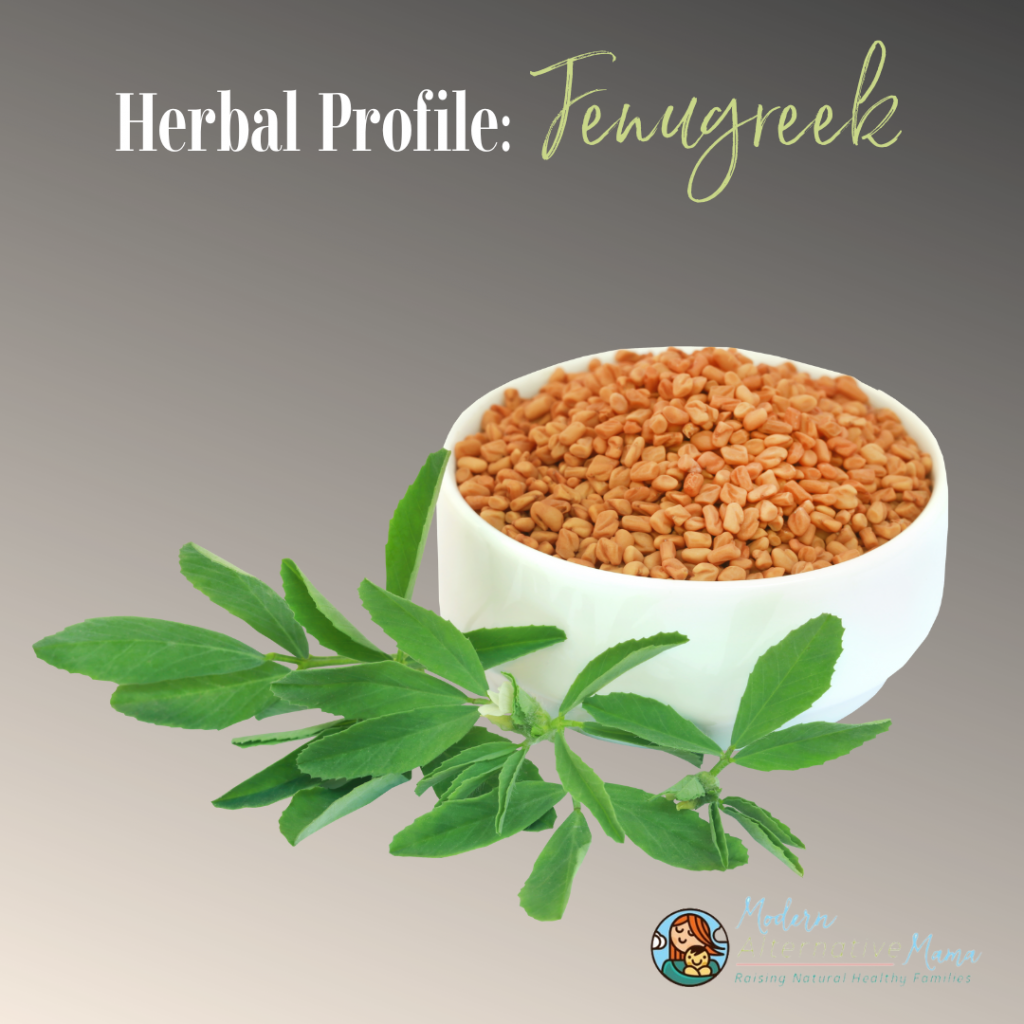What is Fenugreek?
Fenugreek, also spelled foenugreek, is sometimes referred to by its botanical name Trigonella foenum-graecum. The Fenugreek plant has a single or branched-base stem with small, oval leaflets that are green to purple in color and a strong, sweet aroma (1). Fenugreek is native to southern Europe and the Mediterranean region and is cultivated in central and southeastern Europe, western Asia, India, and northern Africa (2). Fenugreek has been used in alternative and Chinese medicine to treat skin conditions and many other diseases for thousands of years (3).
Health Benefits of Fenugreek
Fenugreek is grown for its leaves and seeds that are used as an herb or spice, which happens to have significant health benefits, including:
Anti-Inflammatory Properties
Fenugreek is well-known for its anti-inflammatory properties, thanks to its wide array of plant compounds that assist in combating inflammation. Chronic inflammation has been linked with many diseases, such as type 2 diabetes, asthma, and certain cancers (4). Animal research has demonstrated the anti-inflammatory effects of fenugreek (5). These benefits are especially true with inflammatory skin diseases and ulcerative colitis (6,7).
May Be Good For Heart Health
Fenugreek may also positively affect your overall heart health. High blood pressure, high cholesterol, and obesity are all risk factors for heart disease, which is the leading cause of death in the United States (8). Thankfully, some evidence demonstrates that fenugreek can lower cholesterol and triglyceride levels in animals and human patients with coronary artery disease (9,10).
May Help Control Diabetes & Blood Sugar Levels
As of 2020, 34.2 million (1 in 10) Americans have diabetes, and another 88 million (1 in 3) Americans have prediabetes (11). On the bright side, fenugreek benefits both type 1 and 2 diabetes while increasing general carb tolerance in people without these conditions. In one study, people with type 1 diabetes who took 50 grams of fenugreek seed powder at lunch and dinner experienced better blood sugar levels and reductions in total and LDL (bad) cholesterol after ten days (12). In another study, people with type 2 diabetes who took 1-2 grams of fenugreek seed for 1.5-3 months significantly decreased oral hypoglycemic drug intake and declined the percentage of the subjects who were on hypoglycemic drugs (13).
May Increase Breastmilk Production
Lactation occurs when hormonal changes signal the mammary glands to make milk in preparation for a baby (14). Although breastmilk is the best source of nutrition for babies (15), some mothers struggle to produce a sufficient supply; that’s where fenugreek may come in. One study split 66 mothers into three groups (group one received fenugreek tea, group two a placebo, and group three, nothing). During the study, the volume of pumped breastmilk increased from around 1.15 ounces (34 mL) in the control and placebo groups to 2.47 ounces (73 mL) in the fenugreek group (16).
May Ease Symptoms of Heartburn
Your diet is vital to your health, but so is being able to digest it properly. Research indicates fenugreek reduced heartburn symptoms in people with frequent heartburn during a 2-week pilot study and antacid medications (17). Another study found that fenugreek reduces ventilated patients’ gastrointestinal side effects (18).
May Boost Testosterone in Men
Testosterone is a sex hormone that regulates sex drive (libido), bone mass, fat distribution, muscle mass and strength, and the production of red blood cells and sperm (19). In one study of 30 college-aged men who received 500 mg of fenugreek per day while performing four weightlifting sessions per week, the fenugreek group showed increased testosterone and reduced body fat (20). In another study, 30 men took 600 mg of fenugreek extract and reported increased strength and improved sexual function during a 6-week study (21).
Safety Concerns
Mainstream sources claim fenugreek is likely unsafe when used more significantly during pregnancy. They also claim fenugreek may cause malformations in the baby, as well as early contractions (22).
Although there are no human studies of safety concerns regarding fenugreek, an animal study found prenatal fenugreek seed exposure impaired sensorimotor development and the operation of spinal cord networks in mice (23). Contrarily, another study concluded:
“Oral exposure of SFSE-G during the prenatal period did not show significant maternal and embryo-fetal toxicity up to a dose of 1000 mg/kg in rats. Therefore, the no-observed-adverse-effect level for SFSE-G for prenatal oral exposure was considered to be 1000 mg/kg (24).”
As per trusted herbalist Richard Whelan, fenugreek is very safe during pregnancy and breastfeeding (where it has long traditional use to increase milk supply). It may safely be taken by the young or old (25).
Considering all the data, I’d be comfortable taking this herb while pregnant. Of course, all bodies react differently, and it may not be the right choice for you. As always, I recommend researching and drawing your own conclusion about fenugreek’s safety during pregnancy.
How to Use Fenugreek
You can find fenugreek in dried bulk, pills, powders, teas, extracts, or essential oils. Tinctures always contain the most concentrated amount of herbs. Teas and soups are also options, especially when following ayurvedic medicine recipes. If you’re a DIY person, some great starter recipes are:
Follow the recommendations of any supplement; some of my recommendations include:
Earthley’s Cough-B-Gone is an herbal tincture created to help relieve colds, coughs, and congestion. Rather than use synthetic, chemical-tasting cough syrups, nourish your body and support the respiratory system with the natural power of herbs.
Disclaimer: This post is not intended as medical advice. These statements have not been evaluated by the FDA, and nothing in this post is intended to diagnose, treat, or cure anything. If you have questions, please do your own research or seek advice from a health professional.








AS fenugreek is an effective ingredient to control Diabetes & Blood Sugar Levels.Effective and easily available item.Thanks for sharing the information
You’re so very welcome. I hope you can put this information to great use. 🙂